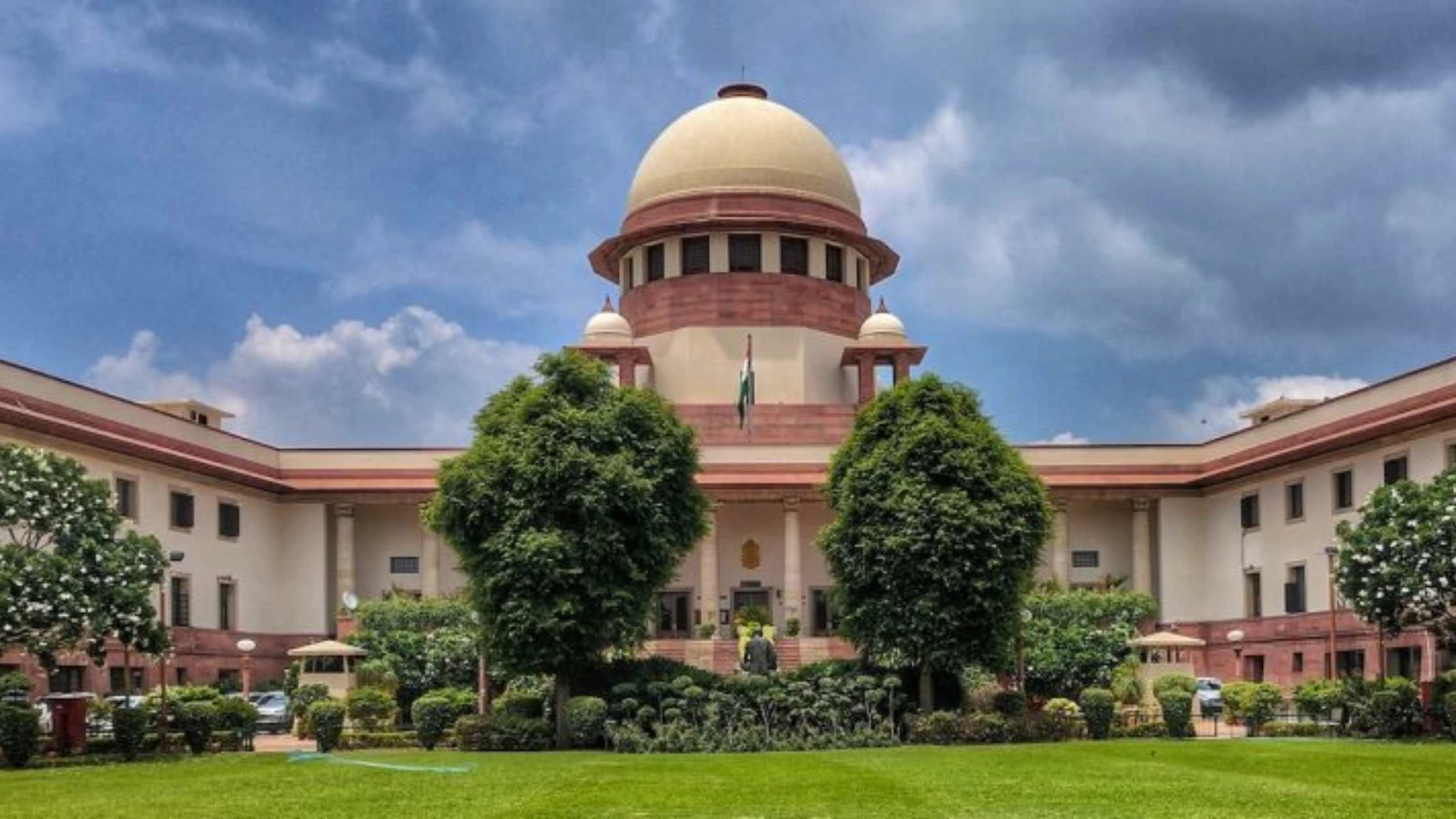Table of Content
▲- Table of Contents
- 1. Importance of Documentation in Property Purchase
- 2. Key Documents Required for Buying a Property
- 3. Financial Documents Needed for Home Loans
- 4. Additional Documents for Buying Under-Construction Property
- 5. Checklist for Buyers Purchasing Resale Properties
- 6. Legal Verification of Property Documents
- 7. Table Summarizing All Essential Documents
- 8. How to Ensure Proper Documentation During the Buying Process
- 9. Common Mistakes to Avoid While Collecting Property Documents
- Conclusion
Purchasing a property in India is a significant financial decision, and ensuring that you have all the required documents is crucial to avoid legal complications. Each document serves a specific purpose, from verifying ownership to securing loans, and helps protect the buyer’s interests.
In this comprehensive guide, we will cover all the documents needed to buy a property in India, along with detailed explanations, tables for clarity, and step-by-step instructions for buyers.
Table of Contents
- Importance of Documentation in Property Purchase
- Key Documents Required for Buying a Property
- Title Deed
- Sale Deed
- Encumbrance Certificate
- Property Tax Receipts
- Mutation Certificate
- Khata Certificate and Extract
- Building Plan Approval
- Occupancy Certificate
- No Objection Certificate (NOC)
- Financial Documents Needed for Home Loans
- Additional Documents for Buying Under-Construction Property
- Checklist for Buyers Purchasing Resale Properties
- Legal Verification of Property Documents
- Table Summarizing All Essential Documents
- How to Ensure Proper Documentation During the Buying Process
- Common Mistakes to Avoid While Collecting Property Documents
- Conclusion
1. Importance of Documentation in Property Purchase
Property transactions in India are governed by strict legal frameworks to ensure transparency and safeguard buyers' rights. Proper documentation serves the following purposes:
- Verifies the seller's ownership and the property's legality.
- Avoids disputes regarding the title.
- Ensures compliance with state and municipal laws.
2. Key Documents Required for Buying a Property
2.1 Title Deed
The Title Deed is the most crucial document that proves the seller's ownership of the property.
|
Details |
Importance |
|
Verified by |
Legal authority or lawyer |
|
Key Information Included |
Ownership details, property description, previous owners |
2.2 Sale Deed
The Sale Deed is the primary legal document that transfers property ownership from the seller to the buyer.
|
Details |
Importance |
|
Verified by |
Sub-Registrar Office |
|
Key Information Included |
Transfer details, payment terms, property details |
2.3 Encumbrance Certificate (EC)
The EC ensures that the property is free from any financial or legal liabilities like unpaid loans or mortgages.
|
Details |
Importance |
|
Issued by |
Sub-Registrar Office |
|
Coverage Period |
Details of transactions over a specified period |
2.4 Property Tax Receipts
These receipts confirm that all property taxes have been paid by the previous owner.
|
Details |
Importance |
|
Verified by |
Local municipal office |
|
Key Information Included |
Property tax payment history |
2.5 Mutation Certificate
This document records the transfer of property ownership in the local municipal records.
|
Details |
Importance |
|
Issued by |
Local municipal office |
|
Required for |
Establishing ownership in municipal records |
3. Financial Documents Needed for Home Loans
If you are financing your property purchase through a home loan, additional documents are required:
Also Read: 40x60 House Plans - Benefits And How To Select
|
Document |
Purpose |
|
Loan Sanction Letter |
Confirms loan approval and sanctioned amount |
|
Bank Statements |
Verifies financial stability |
|
Income Proof |
Ensures repayment capacity |
|
PAN Card & Aadhaar Card |
Identification and verification |
4. Additional Documents for Buying Under-Construction Property
When buying an under-construction property, ensure you have:
- Builder-Buyer Agreement
- Details the terms and conditions of the purchase.
- RERA Registration Certificate
- Confirms the builder's registration under the Real Estate Regulatory Authority.
- Construction Approvals
- Validates that the project has required permissions.
5. Checklist for Buyers Purchasing Resale Properties
When purchasing a resale property, ensure these additional documents:
- Previous sale deeds.
- Loan closure certificate (if applicable).
- Property possession certificate.
6. Legal Verification of Property Documents
Legal verification ensures the authenticity of all property documents. Hiring a property lawyer can help verify the following:
- The validity of the title deed and sale deed.
- Encumbrance certificate for liabilities.
- Approvals for construction and compliance with local laws.
7. Table Summarizing All Essential Documents
|
Document Name |
Purpose |
Issued/Verified By |
|
Title Deed |
Ownership verification |
Sub-Registrar Office |
|
Sale Deed |
Ownership transfer |
Sub-Registrar Office |
|
Encumbrance Certificate |
Checks financial liabilities |
Sub-Registrar Office |
|
Property Tax Receipts |
Confirms tax payments |
Local Municipal Office |
|
Mutation Certificate |
Records ownership transfer |
Municipal Records Office |
|
Occupancy Certificate |
Validates property readiness |
Local Authority |
8. How to Ensure Proper Documentation During the Buying Process
- Check for Original Copies: Always insist on original documents.
- Hire a Lawyer: A property lawyer can help validate legal and financial aspects.
- Verify Seller's Identity: Check the seller's ID to confirm authenticity.
- Keep Copies Secure: Digitize and store copies of all documents securely.
9. Common Mistakes to Avoid While Collecting Property Documents
- Not verifying the property title thoroughly.
- Ignoring encumbrance certificate checks.
- Overlooking verification of tax receipts and utility bills.
- Proceeding without legal consultation.
Conclusion
Purchasing property in India requires meticulous attention to documentation. Ensuring that all necessary documents are in place safeguards your investment and prevents legal disputes. By understanding the importance of each document and verifying its authenticity, you can confidently proceed with your property purchase.
Also Read: House Construction Process - Your Step-by-Step Guide






Ans 1. The Title Deed is the most important document as it establishes the seller's ownership and ensures that the property has no legal disputes.
Ans 2. The Sale Deed is a legal document that officially transfers ownership of the property from the seller to the buyer.
Ans 3. The EC ensures that the property is free from financial or legal liabilities, such as loans or mortgages, making it a critical document for buyers.
Ans 4. Yes, an Occupancy Certificate certifies that the building complies with local laws and is ready for occupation. It is essential, especially for newly constructed properties.
Ans 5. Documents like the loan sanction letter, bank statements, proof of income, and identification (PAN and Aadhaar) are required for a home loan application.